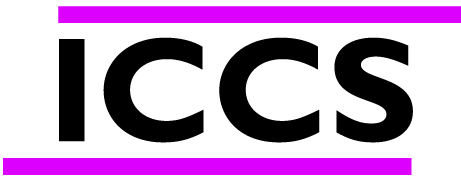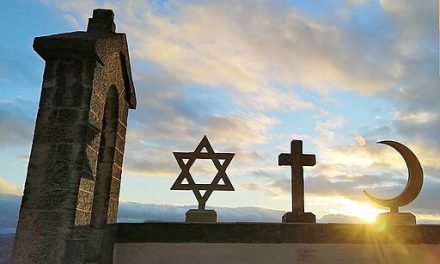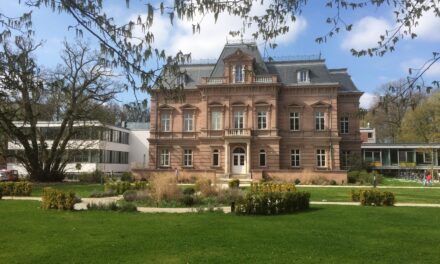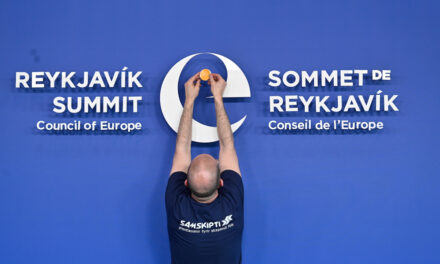Since April, the Conference of International Non-Governmental Organisations (INGOs) at the Council of Europe has had a Committee for the Interreligious and interconvictional dialogue. Interconvictional here means the dialogue between different worldviews, be they religious or atheistic.
Although it has been actively developed within the Council of Europe since 2008, the official intercultural dialogue policy and especially its religious dimension seems to be less significant since 2017, despite the Parliamentary Assembly’s Recommendation 2080 (2015) and European legislation (Lisbon Treaty).[1] A 2015 Parliamentary Assembly recommendation already called for a “stable and officially recognised platform for dialogue with religions”.[2]
Nevertheless, discrimination, hate crimes, anti-Semitic, anti-Muslim violence and all forms of intolerance based on religion or belief, as well as conspiracy theories, are unfortunately on the rise.
The committee wants to investigate the causes and look for preventive measures and ways to make them accessible to citizens. To this end, a platform for interreligious dialogue will be established, useful methods will be collected (e.g. toolkit), cooperation with other Council of Europe bodies and projects will be explored and expanded, and coordination between religiously or philosophically inspired INGOs will be established.
The aim of the committee is, among other things, to inform and raise awareness among actors in formal and non-formal education on these issues, for example through training by INGOs. Of particular importance is the approach of interreligious and/or dialogical education to promote tolerance, understanding and appreciation for the religious or worldview “other”. Education must stimulate reflection and critical thinking in learners so that they can act as mature and responsible citizens and, for example, can combat conspiracy theories in society.
The neologism “interconvictional” refers to the fact that the participating INGOs consciously want to open the dialogue to worldview and humanist organisations. The new committee is co-chaired by the representative at the Council of Europe of the European Buddhist Union Gabriela Frey and the head of the Strasbourg office of the Conference of European Churches (CEC) Sören Lenz.
More information is available here.
This article has been written by Sören Lenz, head of the Strasbourg office of the Conference of European Churches (CEC).
[1] The Intercultural cities programme (ICC) : https://www.coe.int/en/web/interculturalcities/thematic-initiatives; retrieved on 24.06.2021.
[2] Parliamentary Assembly: Freedom of religion and living together in a democratic society; REC 2080(2015); “…3.1: set up a stable an officially recognised platform for dialogue with religions …”. Available at https://pace.coe.int/en/files/22200; retrieved on 24.06.2021.






Trackbacks/Pingbacks